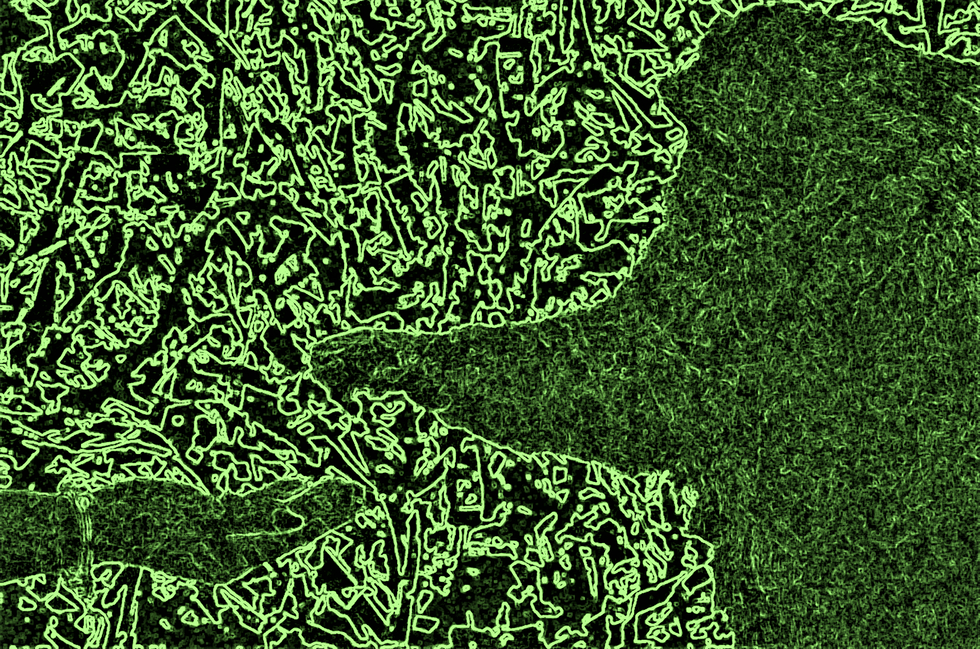If you ever wondered why it is that you watch an educational video or read an article from a scholarly periodical that talks about how "In a test involving monkeys...," then this article is the right place to find out the reason behind that opening line. A major reason for this use was because monkeys share the same ancestry that humans do. Because of this genetic connection, any test that involves humanity's cousins would mean scientific breakthroughs when it applies to humans.
However, Stephen Ross, an animal behavior specialist, explained that the National Institutes of Health (NIH) had retired their chimpanzees because researchers no longer needed them. Not only that reality but because they share similarities as humans, they can also experience the same types of pain, which had led to the movement to end experimentation on monkeys.
Another major push to end this practice is the endangered status of chimpanzees. This has to lead to organizations such as the NIH to stop importing chimpanzees for experimentation and to send the chimpanzees left in the facilities to sanctuaries. This type of problem leaves the conundrum of when species endangerment outweighs the pursuit of medical breakthroughs.
For the reasons why I have written about in this article, that is why I think it is important to see how important monkeys are when it comes to pursuing any form of ethical experimentations. It is also for that same reason why everyone needs to think about what should be done with monkeys, as well as any other animal, used in laboratories.
I do not have any viable solutions to this problem, but the important part of this controversy is finding out what happens to the monkeys after they are used. This is especially important since they are dwindling and are no longer the most reliable source of medical research. Primates should be valued beyond their use in laboratories as not just animals but ones that share the most commonality with humans, since understanding them means understanding ourselves.




































